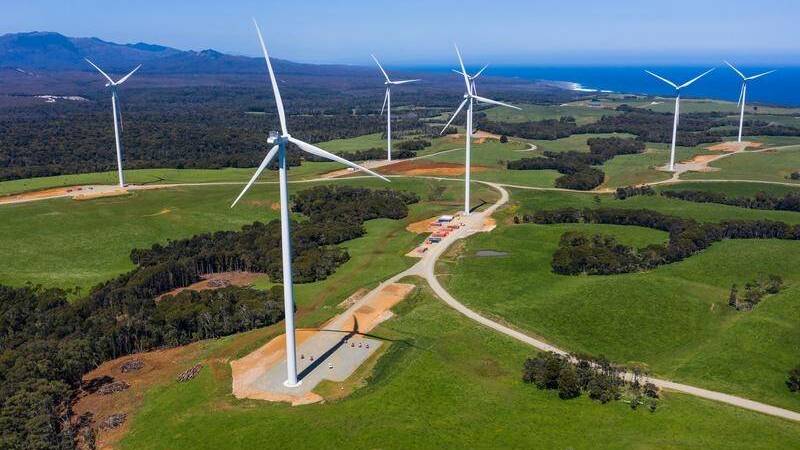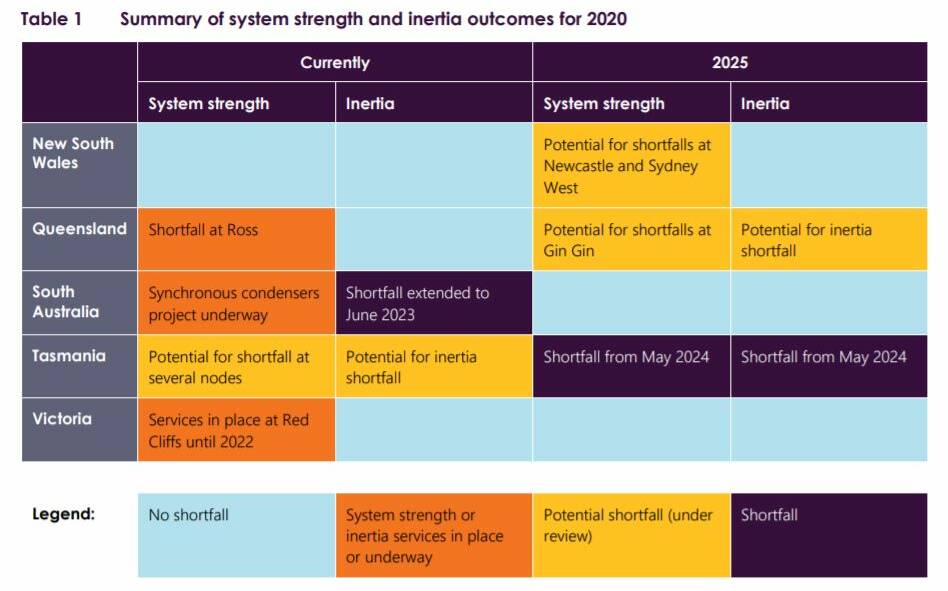
AUSTRALIA has become used to uncertainty over electricity supplies, especially at the height of summer, when air-conditioner use puts power demand through the roof.
Now, as we report today, the Australian Energy Market Operator's inaugural System Strength and Inertia Report2020 on the state of the electricity grid is forecasting more widespread problems.
The new 93-page report says that without "advance market signals" to "incentivise" our coal-fired power stations to remain online, the grid is facing "consequential" problems "during normal operating conditions".
It does not state what these market signals should be, but in this case, AEMO is presumably referring to either changes in the structure of the electricity market to stop coal-fired stations being priced out by wind and solar, or direct subsidies to recognise their importance for grid stability.
The "inertia" of the report's title has a specific meaning: it relates to the mechanical energy of the massive spinning turbines and generators in coal-fired power stations, which act as a buffer against sudden changes in electricity demand that would otherwise drag the system away from its specified parameters of 240 volts for households, 415 volts for industry, and an alternating current frequency of 50 hertz, or cycles per second.
Variations can damage the grid and anything connected to it.
Solar generators have no moving parts and the way that wind turbines are connected means they provide little help.
At this stage, the main hope is "synthetic inertia": circuitry, including batteries, that can react to emergency situations by providing extra electrical power.
AEMO calls it "fast frequency response" and acknowledges its "growing importance" in grid stability, as well as its limitations.
None of this should be unexpected.
Electrical experts and major power users have warned of this for years.
Renewable energy has an undeniable lure, and our global Paris Accord obligations have been one of the pressures pushing us in this direction.
But if the coal industry has not wanted to face its environmental consequences, the green lobby has similarly downplayed the cost and complexity of electrical conversion.
Indeed, the threat to "system security" is so great that AEMO says we will have to "re-engineer the power system".
Something for the politicians - indeed, all of us - to ponder over the summer break.
ISSUE: 39,500

For faster access to the latest Newcastle news download our NEWCASTLE HERALD APP and sign up for breaking news, sport and what's on sent directly to your email.
IN THE NEWS:







